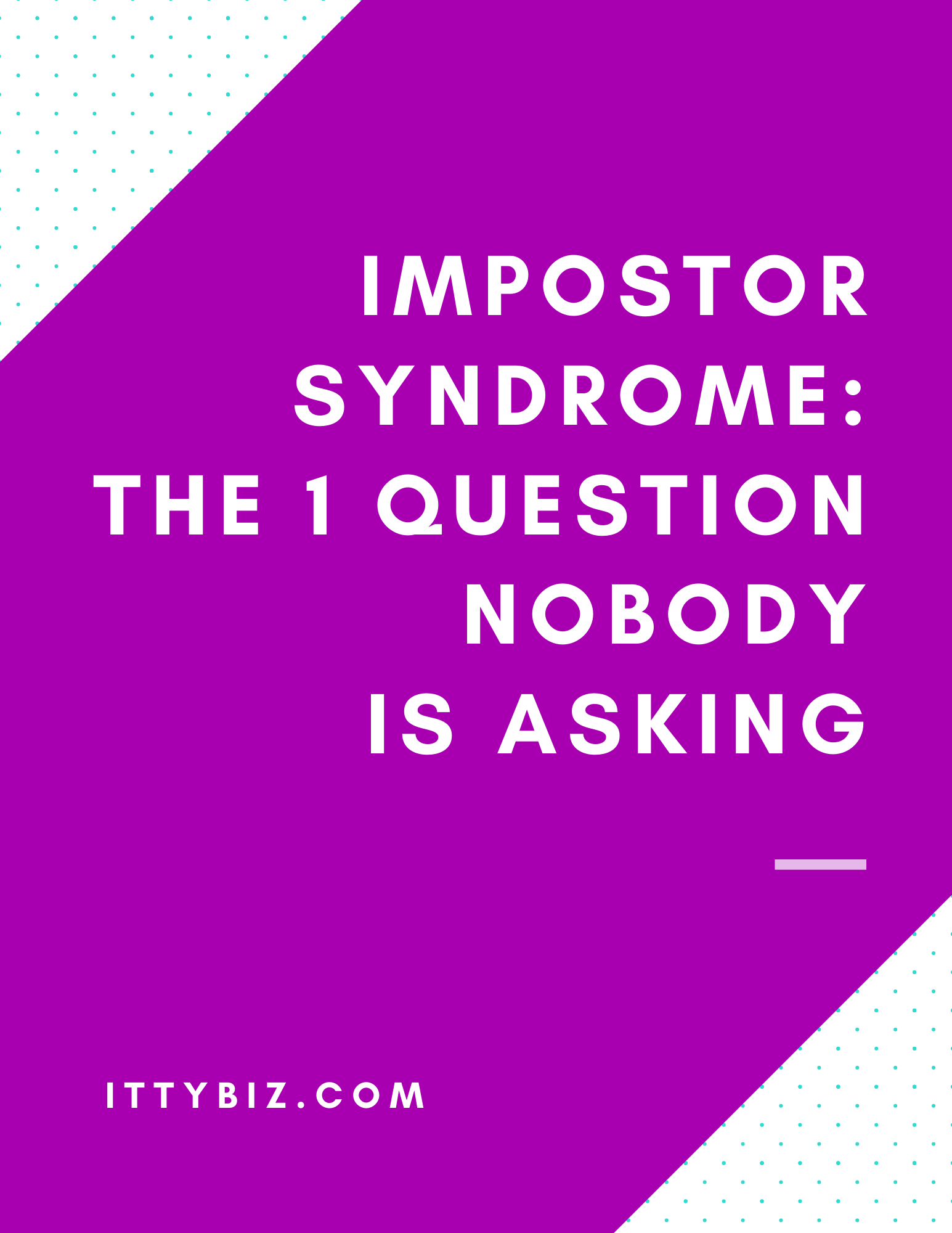Why do some individuals struggle with emotional dependency or impostor syndrome? Psychological research provides valuable explanations into these behaviors, helping us understand their roots and possible solutions.
In this article, we will examine the psychological mechanisms behind procrastination, emotional dependency, and impostor syndrome. By understanding the science behind these challenges, you can take actionable steps toward self-improvement.
What is Procrastination?
Procrastination is not just laziness; it’s a behavior rooted in brain functions. Studies in neuroscience show that conflict between brain regions often leads to procrastination.

The limbic system, responsible for emotional responses, tends to dominate the logical decision-making center. This results in prioritizing short-term comfort over long-term goals. Cognitive behavioral therapy (CBT) can assist in retraining the brain to focus on productive habits.
The Psychology of Emotional Dependency
Emotional dependency is deeply tied to attachment theory. According to research that early relationships with caregivers play a significant role in forming emotional patterns.
For example, people with insecure attachment styles may develop excessive reliance on others. To overcome emotional dependency involves building emotional self-reliance through therapeutic interventions.
What is Impostor Syndrome?
Impostor syndrome stems from biased mental patterns, such as unrealistic self-expectations. Studies in cognitive science indicate that individuals with impostor syndrome often engage in negative self-talk.

These distortions lead to a “fear of being found out” and difficulty in accepting success. Strategies like cognitive reframing and adopting self-compassion practices are scientifically backed ways to combat these feelings.
Practical Solutions Backed by Science
Understanding the science is the first step, but implementing evidence-based solutions is critical. Here are some proven methods:
- Procrastination: Use implementation intentions—specific plans that link a goal to a cue, such as “If it’s 9 AM, I will start writing my report.”
- dependencia emocial
- Emotional Dependency: Practice procastinaçãocomo se libertar de uma dependência emocional self-differentiation, a technique where you focus on identifying your own needs separate from others’ expectations.
- Impostor Syndrome: Keep a success journal to document your accomplishments and review them regularly to challenge distorted self-perceptions.
These approaches are supported by empirical studies, making them reliable tools for personal development.
Why Understanding the Science Matters
Procrastination, emotional dependency, and impostor syndrome can be managed effectively when you understand their scientific underpinnings. By addressing the brain’s tendencies, psychological patterns, and cognitive distortions, it’s possible to create lasting positive change.
Awareness is the key to growth. Take the first step today by applying these strategies to unlock your potential and thrive.
Comments on “Exploring Task Delays, Emotional Dependency, and Impostor Syndrome”